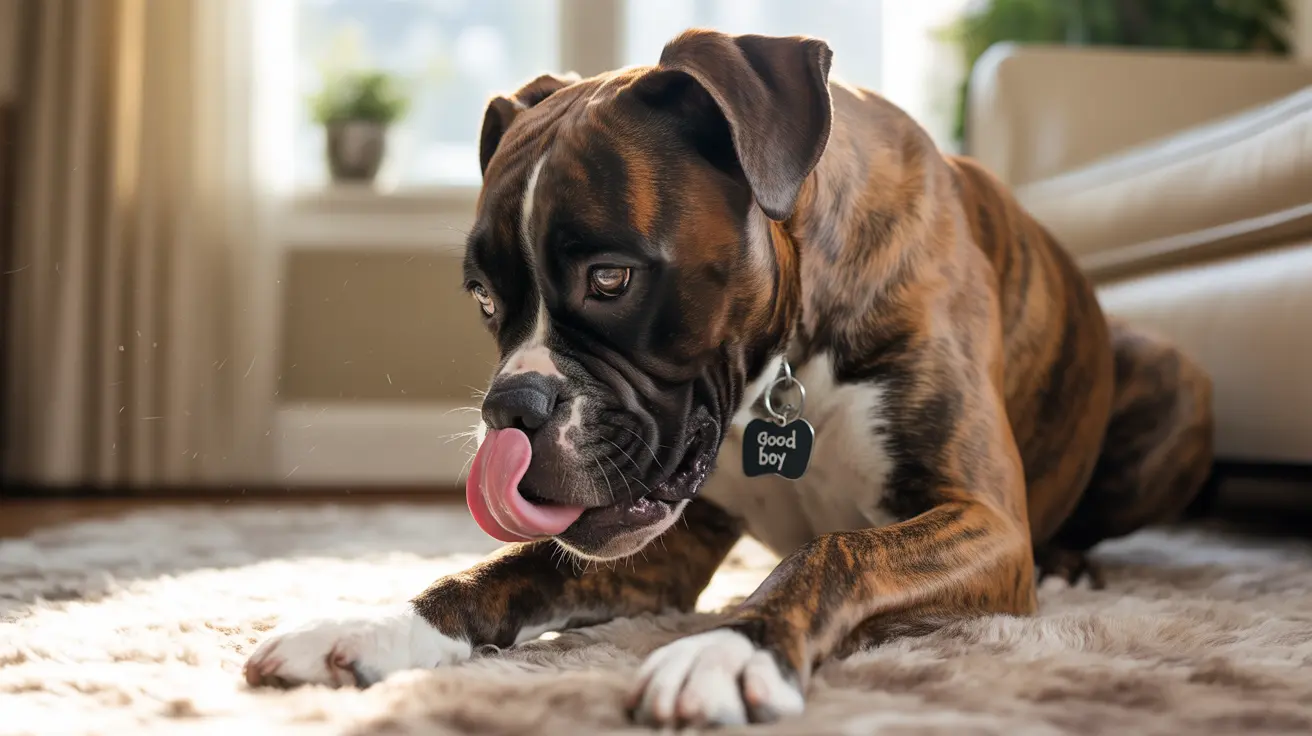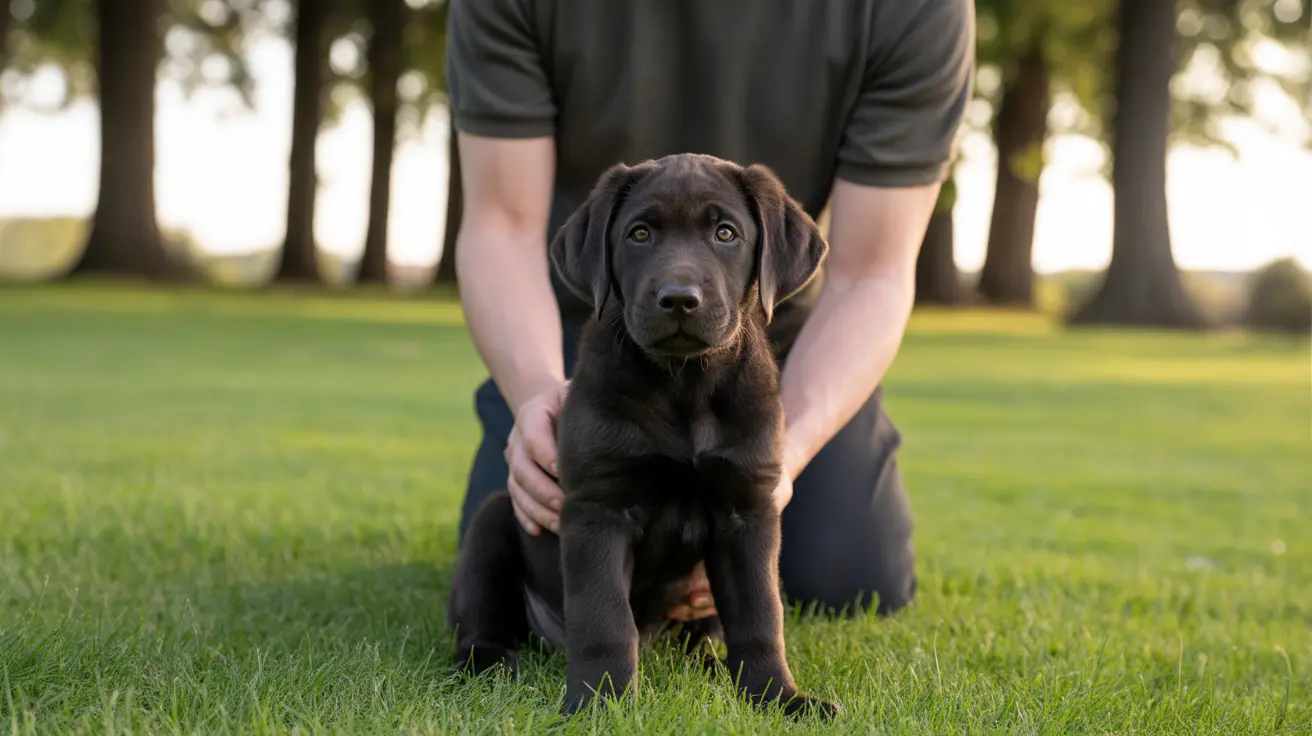The Natural Instinct: Understanding Nighttime Grooming
Dogs have inherited grooming behaviors from their wild ancestors, where cleaning themselves before rest was essential for survival. This instinctive behavior serves multiple purposes in our domestic companions:
Self-grooming before sleep helps dogs maintain proper hygiene by removing dirt, debris, and foreign particles accumulated throughout the day. It's similar to humans following their nighttime hygiene routines before bed. The behavior also stimulates the release of endorphins, creating a calming effect that helps prepare them for rest.
The Comfort Connection: Emotional Aspects of Bedtime Licking
Beyond physical cleaning, nighttime licking often serves as a self-soothing mechanism. Dogs may engage in this behavior to:
- Create a sense of security and comfort
- Reduce anxiety or stress
- Establish a consistent bedtime routine
- Release tension after a busy day
Medical Considerations: When Licking Signals Health Issues
While some nighttime licking is normal, excessive or focused licking might indicate underlying health concerns:
Common Medical Triggers:
- Allergies (environmental or food-based)
- Skin infections or hot spots
- Joint pain or arthritis
- Parasitic infections
- Hormonal imbalances
If your dog's nighttime licking seems excessive or is concentrated in specific areas, it's important to monitor the behavior and consult with your veterinarian if necessary.
Creating a Healthy Nighttime Routine
To ensure your dog's nighttime licking remains within healthy boundaries:
- Establish a consistent bedtime routine
- Provide comfortable, clean bedding
- Ensure adequate exercise during the day
- Address any underlying anxiety or stress
- Maintain regular veterinary check-ups
Frequently Asked Questions
Why do dogs lick themselves at night before sleeping?
Dogs lick themselves before sleeping as part of their natural grooming routine, to clean themselves, and to self-soothe. This behavior helps them relax and prepare for rest, similar to how humans have bedtime routines.
Could excessive licking at bedtime mean my dog has a health issue?
Yes, excessive licking, especially if focused on specific areas or accompanied by other symptoms like redness or hair loss, could indicate health issues such as allergies, infections, or pain. Consult your veterinarian if you notice unusual licking patterns.
How can I tell if my dog's nighttime licking is due to allergies or skin problems?
Look for signs such as redness, inflammation, hair loss, or skin changes in the areas being licked. Seasonal patterns or reactions to new products or foods can also indicate allergies. Your veterinarian can perform tests to determine the specific cause.
Are there ways to reduce my dog's compulsive licking at night, and when should I be concerned?
You can reduce compulsive licking by increasing daytime exercise, providing mental stimulation, and maintaining a consistent routine. Be concerned if the licking interferes with sleep, causes skin damage, or is accompanied by other behavioral changes.
What should I do if my dog keeps licking the same spot before going to sleep?
If your dog repeatedly licks the same area, examine the spot for any visible issues like injuries, redness, or swelling. If the behavior persists or you notice skin changes, schedule a veterinary examination to rule out medical conditions.
Conclusion
While nighttime licking is typically normal dog behavior, understanding its various causes helps you distinguish between healthy grooming and potential problems. By maintaining regular veterinary care and being attentive to changes in your dog's behavior, you can ensure their nighttime routine remains healthy and comfortable.






